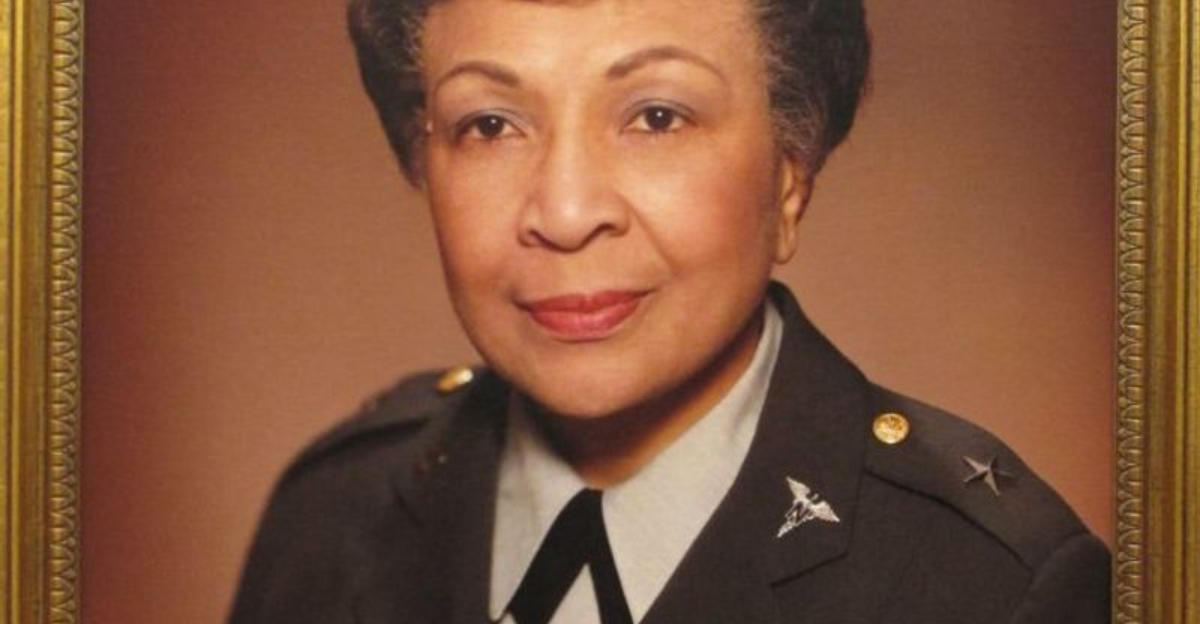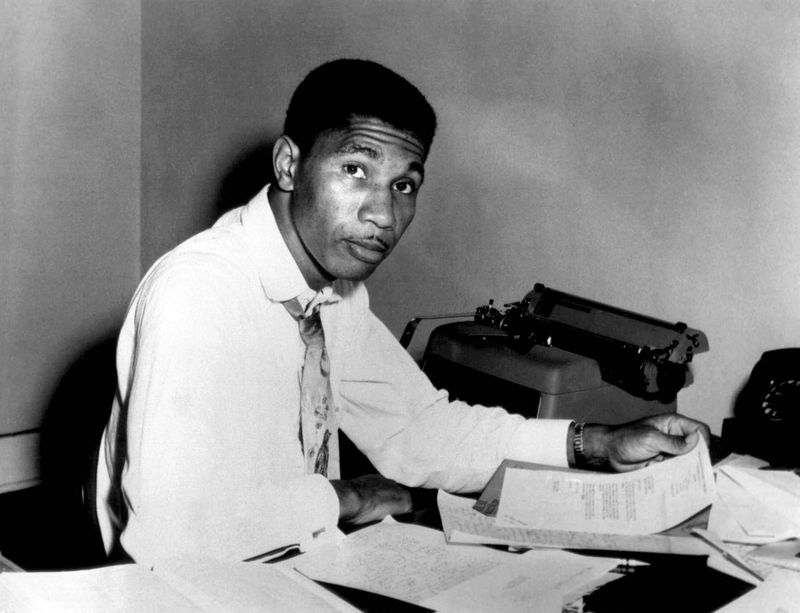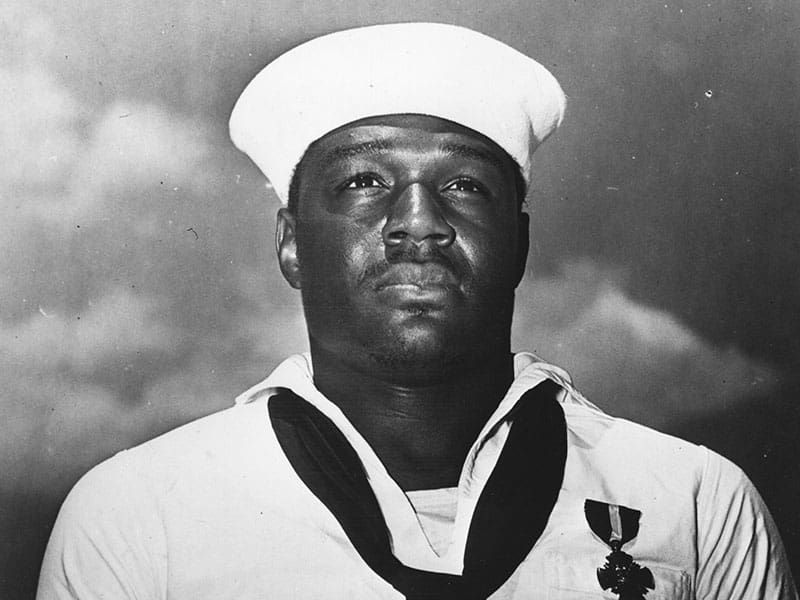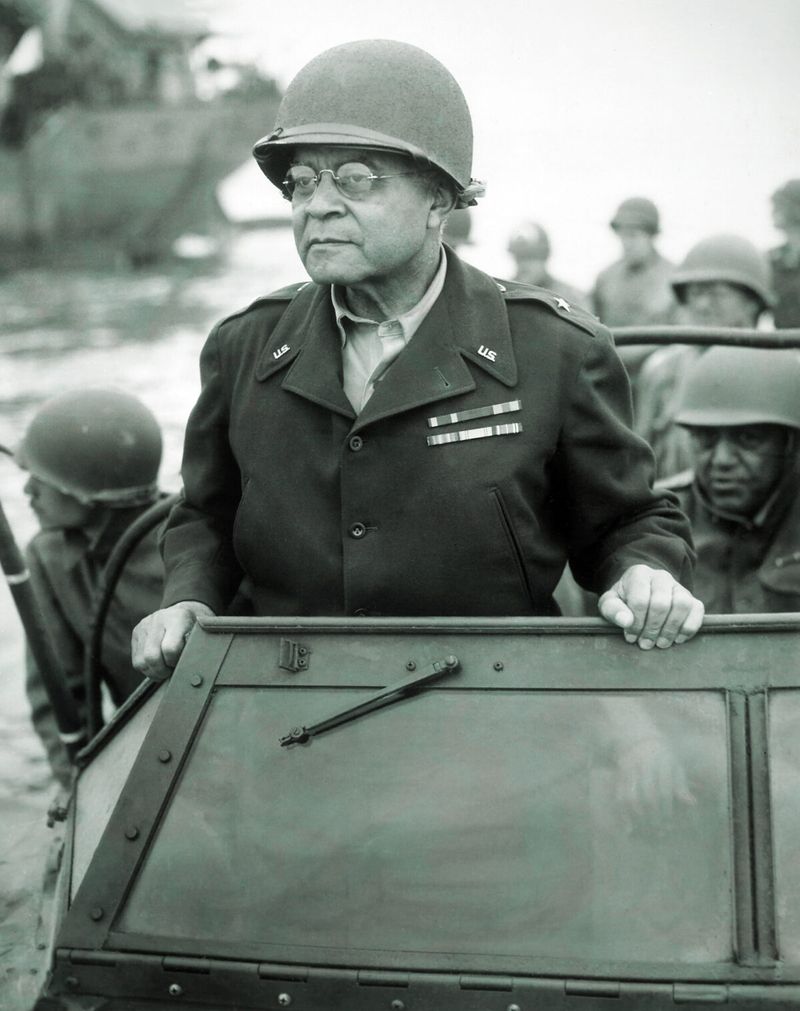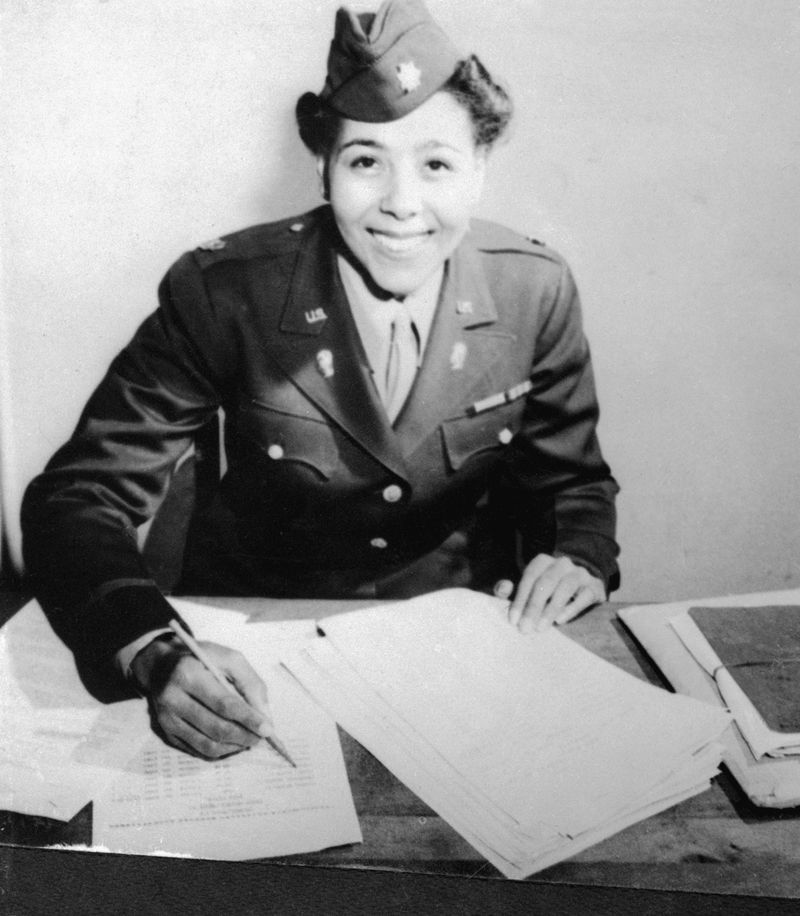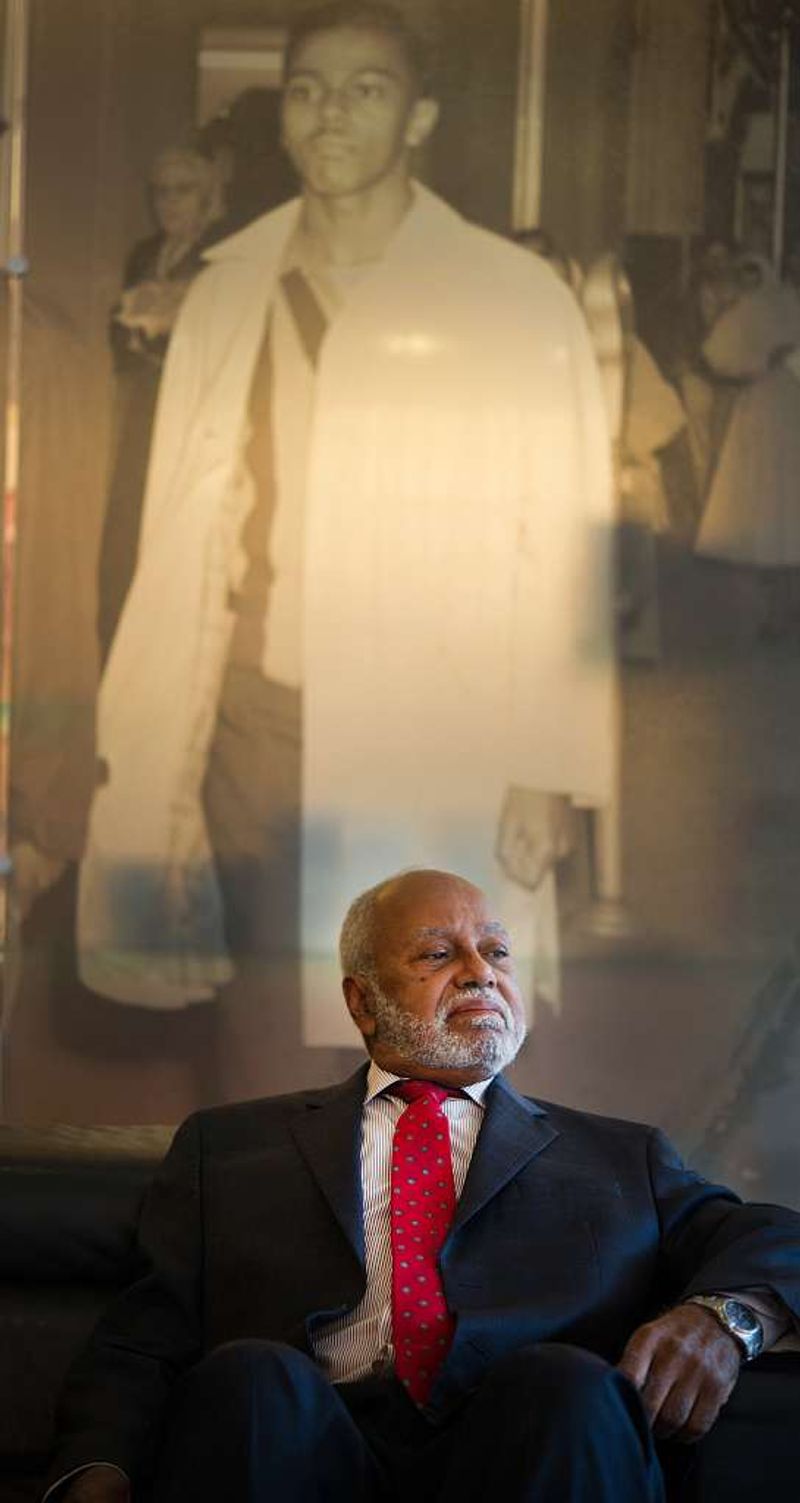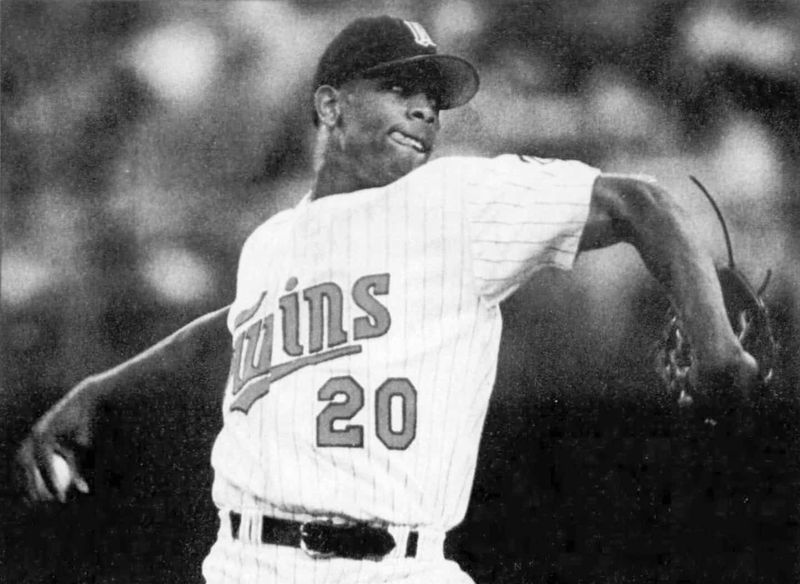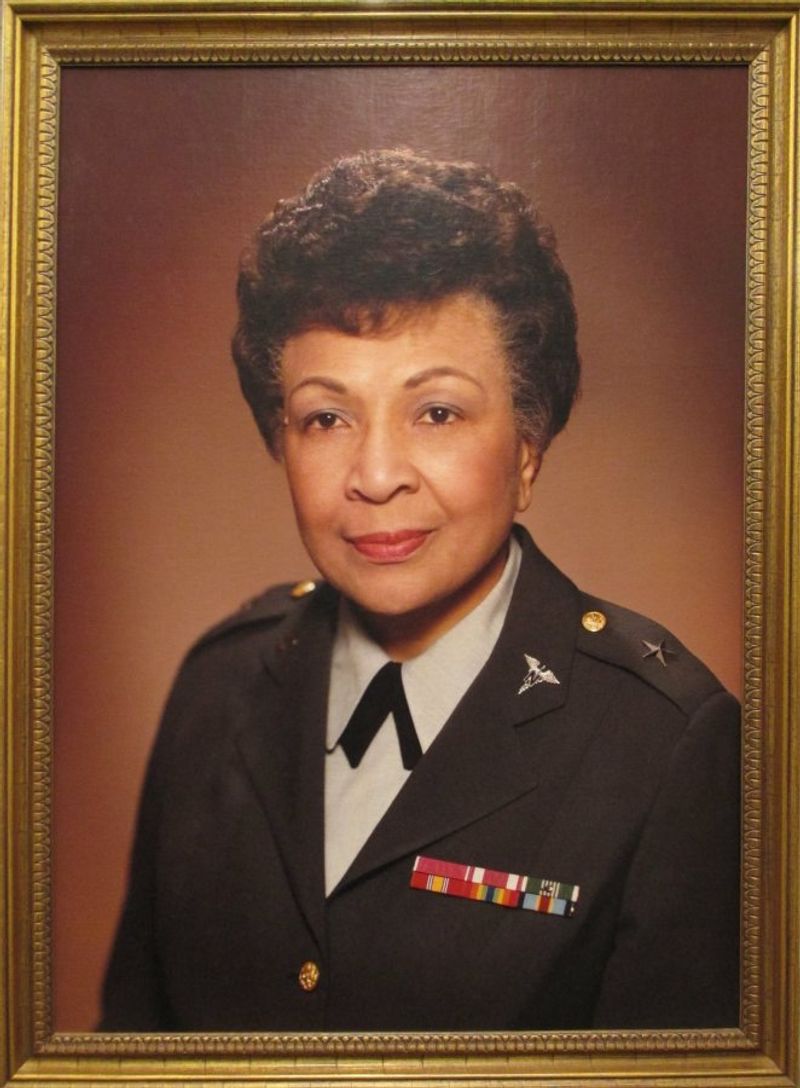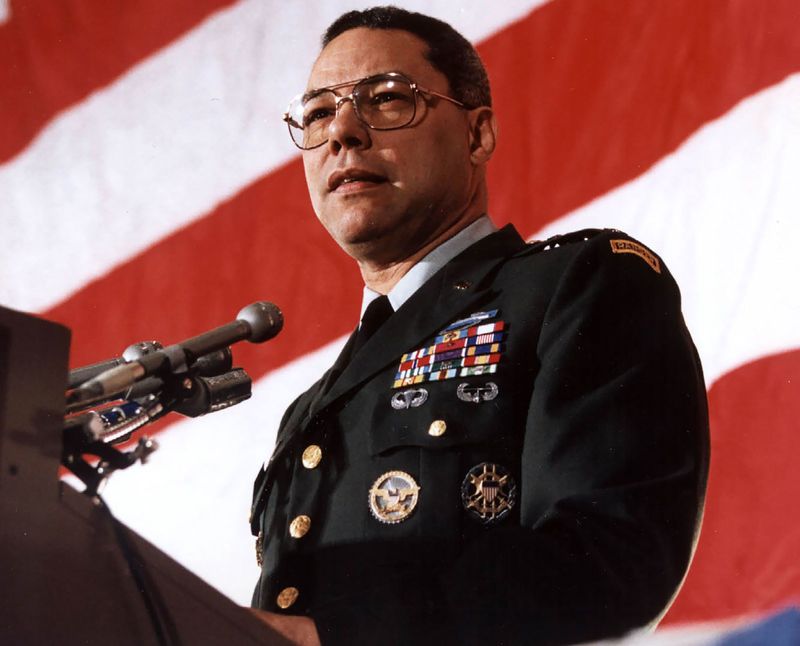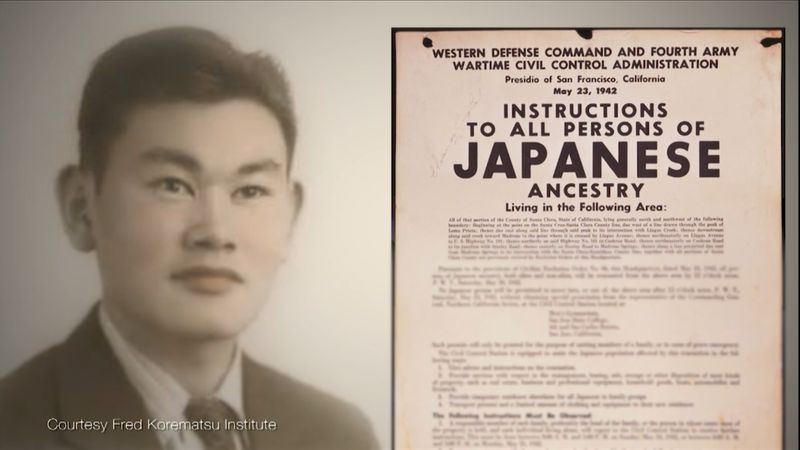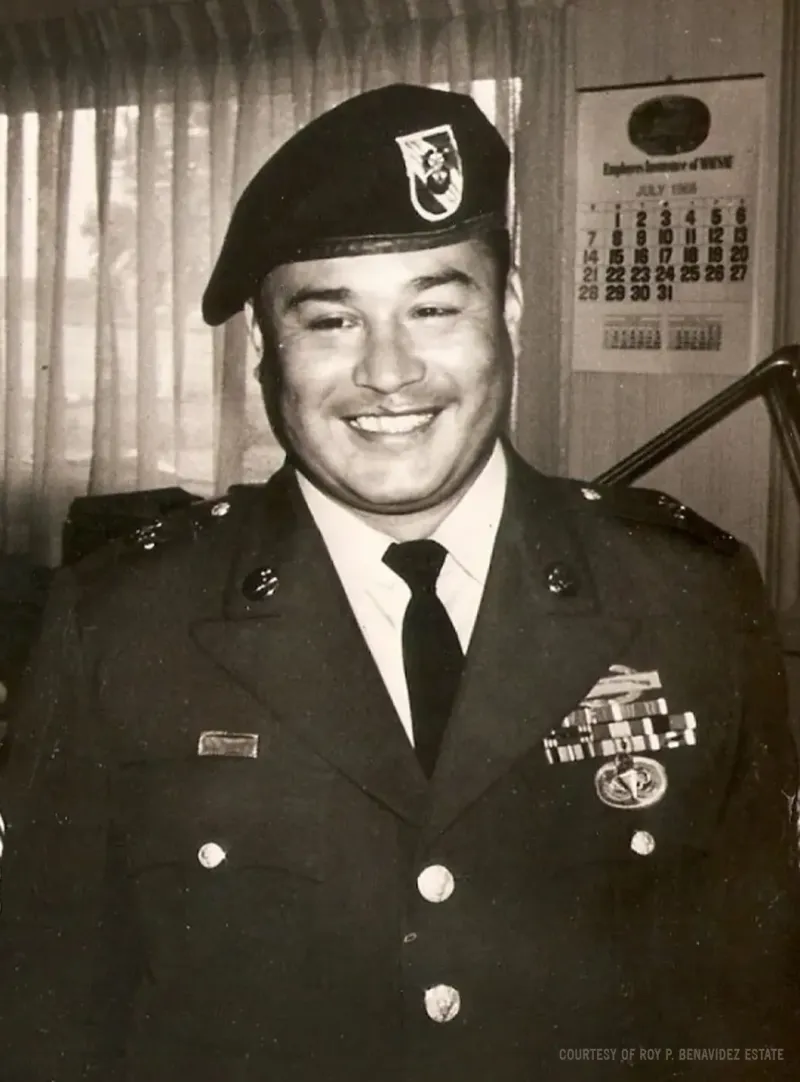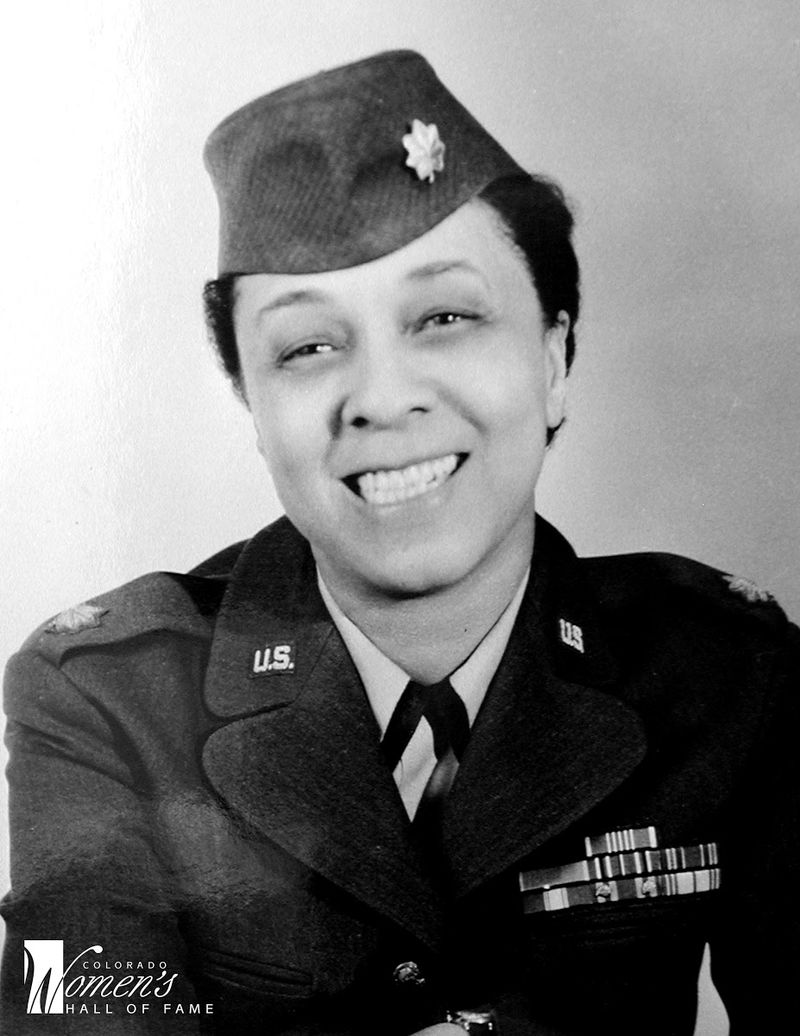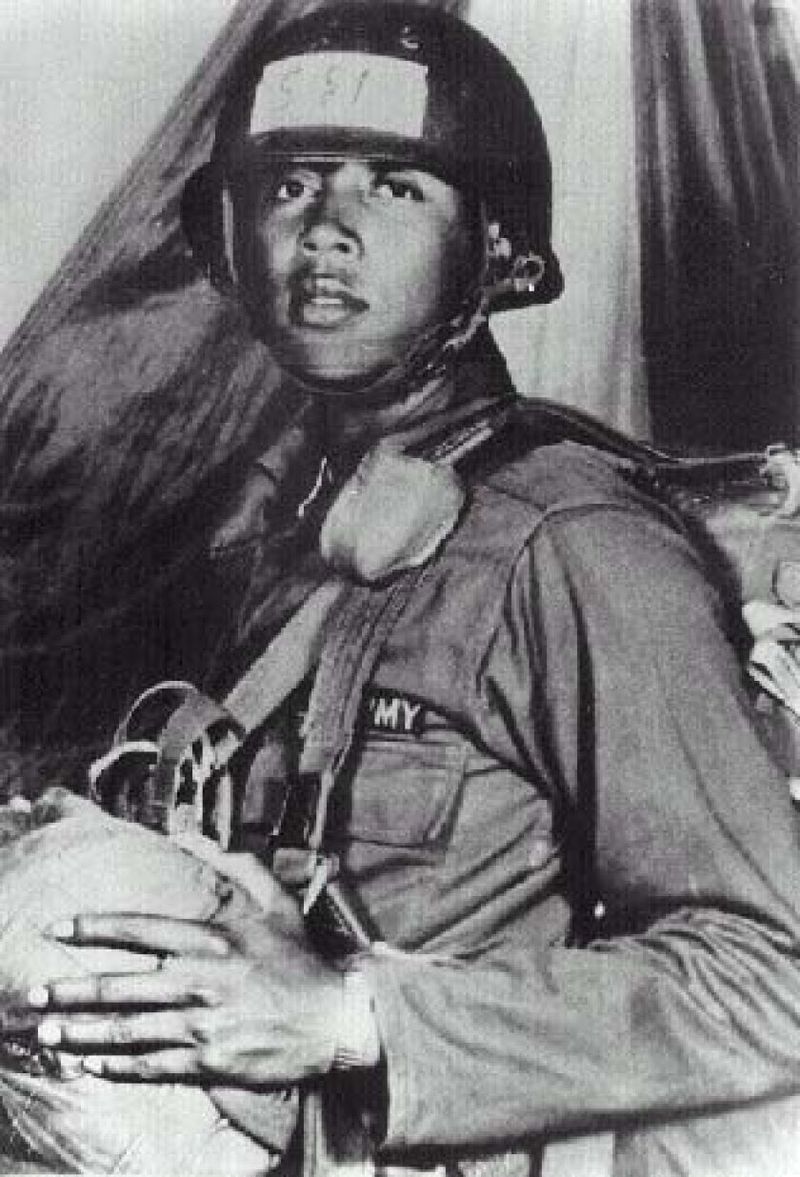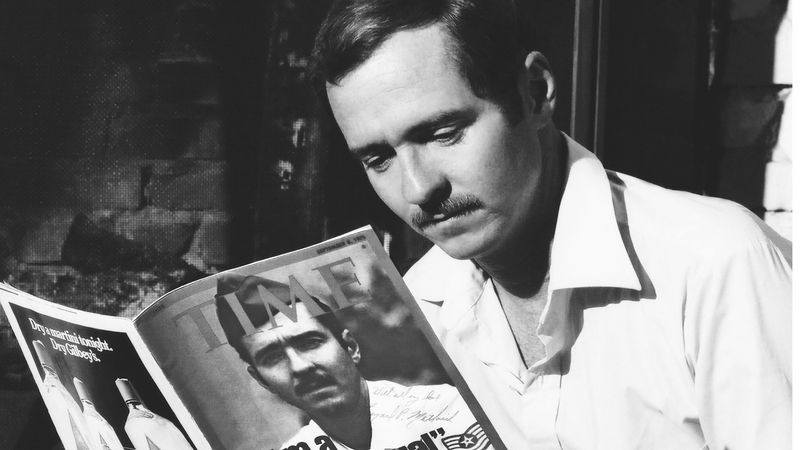Throughout history, many veterans have fought not only on the battlefields overseas but also for equal rights at home. These courageous individuals exemplify the intertwined struggles for freedom and equality, showing resilience and determination in their dual quests. This article highlights 13 veterans who bravely served their country in war and continued their fight for civil rights, challenging societal norms and breaking barriers.
1. Medgar Evers (1925–1963)
A hero of both the battlefield and civil rights, Medgar Evers returned home from serving in WWII’s Battle of Normandy to face racial injustices in the U.S. With vigor, he became the NAACP field secretary, bravely leading efforts to desegregate schools and secure voting rights for Black Americans. Tragically, his relentless pursuit of justice led to his assassination. Evers’ legacy remains a testament to his courage and dedication. His fight laid crucial groundwork for future civil rights advances, inspiring many to continue his mission for equality and justice.
2. Doris “Dorie” Miller (1919–1943)
Doris “Dorie” Miller’s valor shone brightly during the attack on Pearl Harbor, where he manned anti-aircraft guns and attended to the wounded. As the first Black man to receive the Navy Cross, Miller’s actions forced the U.S. military to confront its segregationist policies. Despite the racial barriers, his heroism paved the way for future integration and recognition of Black servicemembers. Miller’s story, although cut short, continues to inspire, reminding us of the sacrifices made for both country and equality. His contributions remain a powerful symbol of courage.
3. Benjamin O. Davis Sr. (1877–1970)
Breaking new grounds, Benjamin O. Davis Sr. became the U.S. Army’s first Black general, serving in both the Spanish-American War and WWII. His leadership and tenacity were instrumental in paving the way for integration within the armed forces. Davis’s career was marked by a commitment to equality, challenging the status quo of a segregated military. His legacy is captured in the changed policies and attitudes toward Black servicemembers, ensuring his impact would be felt for generations. Davis remains a towering figure in both military and civil rights history.
4. Charity Adams Earley (1918–2002)
Charity Adams Earley fearlessly led the 6888th Central Postal Battalion, the only all-female, Black unit to serve overseas during WWII. Her leadership proved the capability and strength of Black women in military roles. Despite facing discrimination, Adams Earley excelled, breaking racial and gender barriers. Her efforts ensured that mail reached soldiers, boosting morale and highlighting the essential roles women could play. Adams Earley’s trailblazing path inspires ongoing struggles for equality within the military. Her legacy is celebrated for transforming opportunities for women and minorities.
5. Joseph McNeil (1942–Present)
At just 20, Joseph McNeil became a pivotal figure in the civil rights movement as one of the Greensboro Four, who staged sit-ins at segregated Woolworth’s counters. His courage and determination reverberated through the U.S., igniting widespread protests against racial segregation. Afterward, McNeil served in the U.S. Air Force during the Vietnam War, blending his military duty with his fight for equality. His actions underscored the interconnectedness of civil and human rights, showing that the battle for justice is fought both at home and abroad.
6. Oliver Law (1900–1937)
Oliver Law stood as a symbol of resistance, becoming the first Black commander of an integrated U.S. military unit during the Spanish Civil War. His leadership and commitment to fighting fascism abroad mirrored his battle against racism in the United States. Law’s story, though ending on the battlefields of Spain, continues to resonate as a testament to the fight for equality and justice. His courage in the face of adversity remains an enduring inspiration, challenging racial discrimination and promoting unity.
7. Hazel W. Johnson-Brown (1927–2011)
Hazel W. Johnson-Brown broke both racial and gender barriers to become the first Black female general in the U.S. Army. Her achievements in military medicine during the Korean and Vietnam Wars set a precedent for future generations. Johnson-Brown’s career was marked by her dedication to excellence and diversity, challenging the limitations placed on her by society. Her rise through the military ranks not only showcased her skills but also inspired women and minorities to pursue leadership roles. Her legacy is one of pioneering change and empowerment.
8. Colin Powell (1937–2021)
Colin Powell’s illustrious career, spanning from the Vietnam War to his role as the first Black Chairman of the Joint Chiefs, exemplified leadership and advocacy for diversity. Powell’s strategic acumen and dedication to inclusive leadership were pivotal in shaping military policies. Later, as the first Black Secretary of State, he continued his push for representation and equality. His journey from soldier to statesman remains a beacon for aspiring leaders, demonstrating the power of integrity and perseverance in overcoming racial barriers.
9. Fred Korematsu (1919–2005)
Fred Korematsu’s fight for justice against Japanese-American internment during WWII became a landmark case in U.S. history. Despite being drafted while his family was interned, Korematsu bravely challenged the government’s actions through Korematsu v. U.S. His perseverance highlighted the struggles for civil liberties and the fight against racial discrimination. Korematsu’s legacy is celebrated annually, reminding us of the importance of standing up for constitutional rights. His courage continues to inspire those fighting against racial injustice and government overreach in America.
10. Roy Benavidez (1935–1998)
Roy Benavidez’s story of heroism and resilience during the Vietnam War is legendary. A Mexican-American Green Beret, he overcame immense odds, including severe injuries, to rescue fellow soldiers. Awarded the Medal of Honor, Benavidez’s actions challenged societal views on segregation and disability. His journey from a farmworker to a decorated hero illustrates the power of determination and courage. Benavidez’s legacy continues to inspire, highlighting the importance of perseverance and the fight for equality, both on the battlefield and in society.
11. Oleta Crain (1923–2007)
Oleta Crain was a trailblazer for women and minorities in the military during WWII and the Korean War. As one of the few Black women serving at the time, she fought tirelessly for equal rights and representation. Crain’s efforts went beyond her military service, advocating for fair treatment and opportunities for all. Her dedication to change within the armed forces paved the way for subsequent generations, ensuring that women and minorities could serve with dignity and respect. Crain’s influence remains a powerful testament to her commitment to equality.
12. Milton L. Olive III (1946–1965)
Milton L. Olive III’s selfless act during the Vietnam War earned him the distinction of being the first Black Medal of Honor recipient in Vietnam. His sacrifice saved the lives of fellow soldiers, forcing recognition of the bravery and contributions of Black servicemembers. Olive’s legacy is one of heroism and courage, challenging the prejudices of his time. His story serves as a poignant reminder of the sacrifices made by those fighting for both their country and equality. Olive’s name remains synonymous with valor and dedication.
13. Leonard Matlovich (1943–1988)
Leonard Matlovich made headlines as the first openly gay servicemember to challenge the U.S. military’s ban on LGBTQ+ individuals. A highly decorated Air Force sergeant, Matlovich’s fight for equal rights was as courageous as his military service during the Vietnam War. His public battle against discriminatory policies opened doors for future LGBTQ+ servicemembers. Matlovich’s story is one of bravery, challenging societal norms and advocating for acceptance and equality. His legacy continues to inspire those fighting for LGBTQ+ rights, both within the military and beyond.
